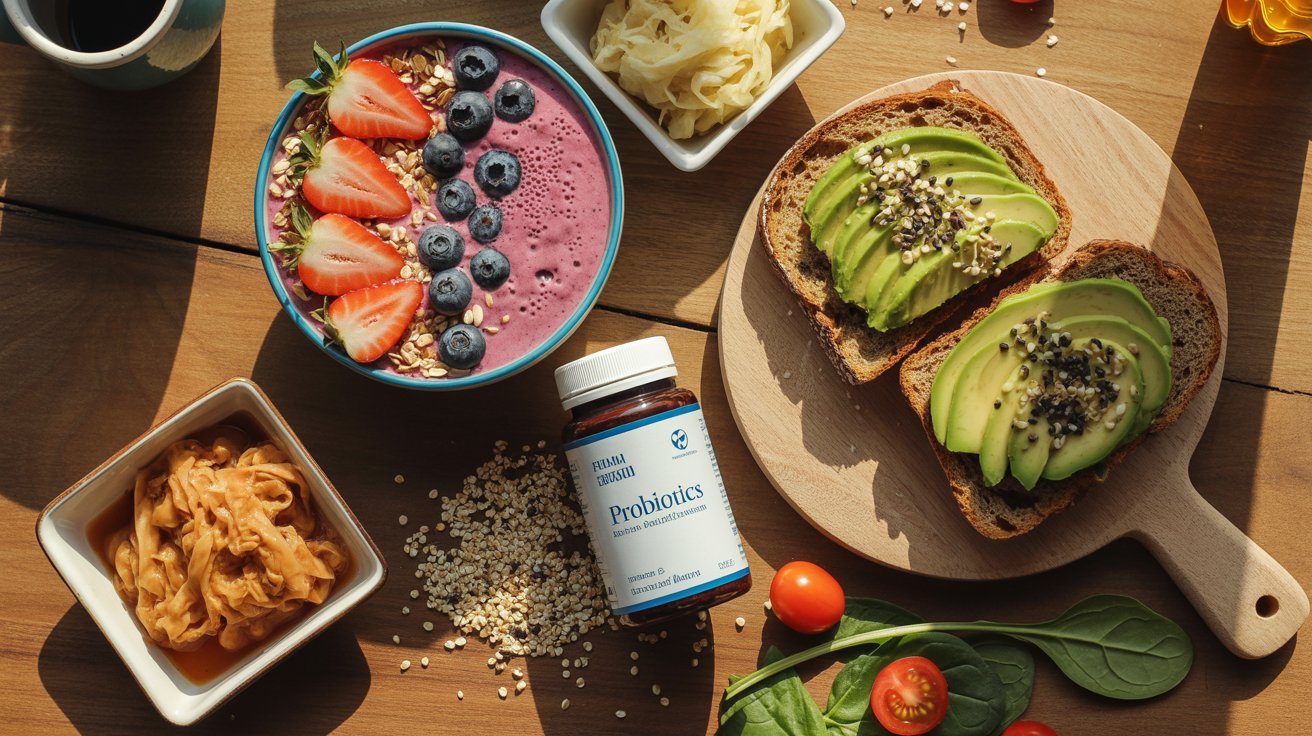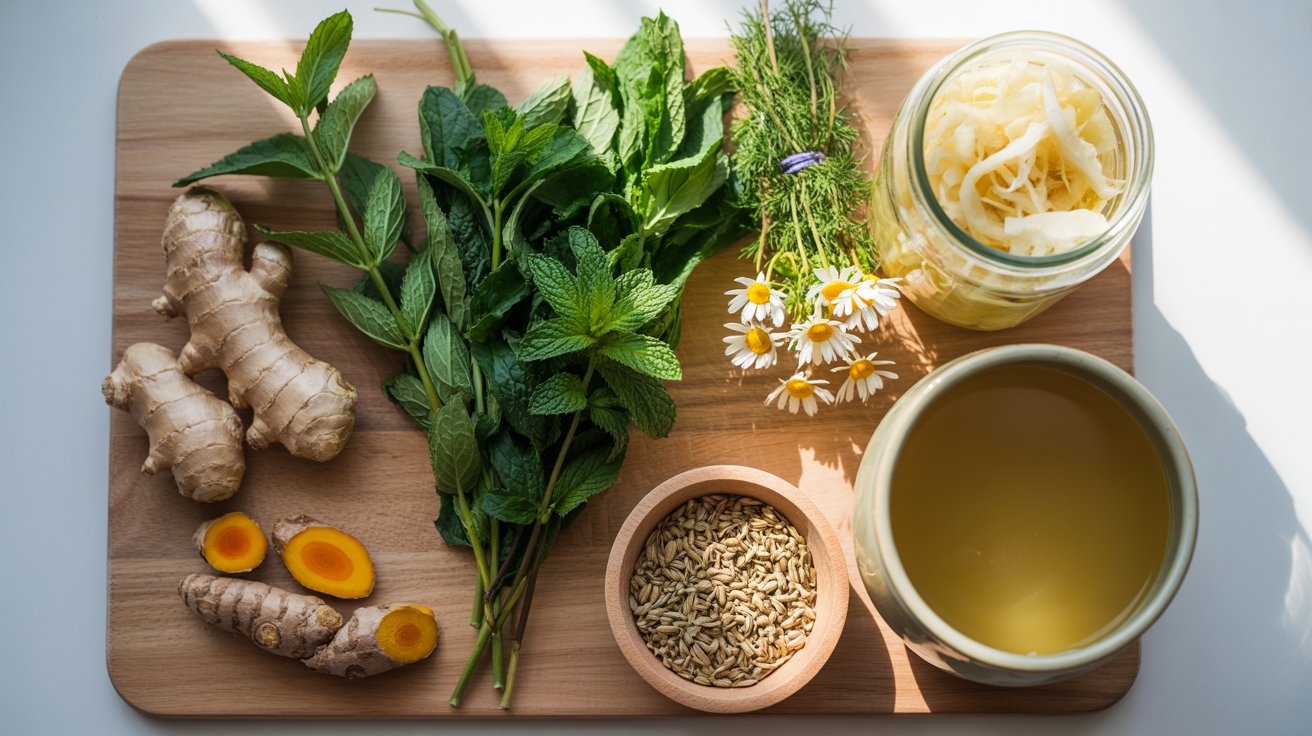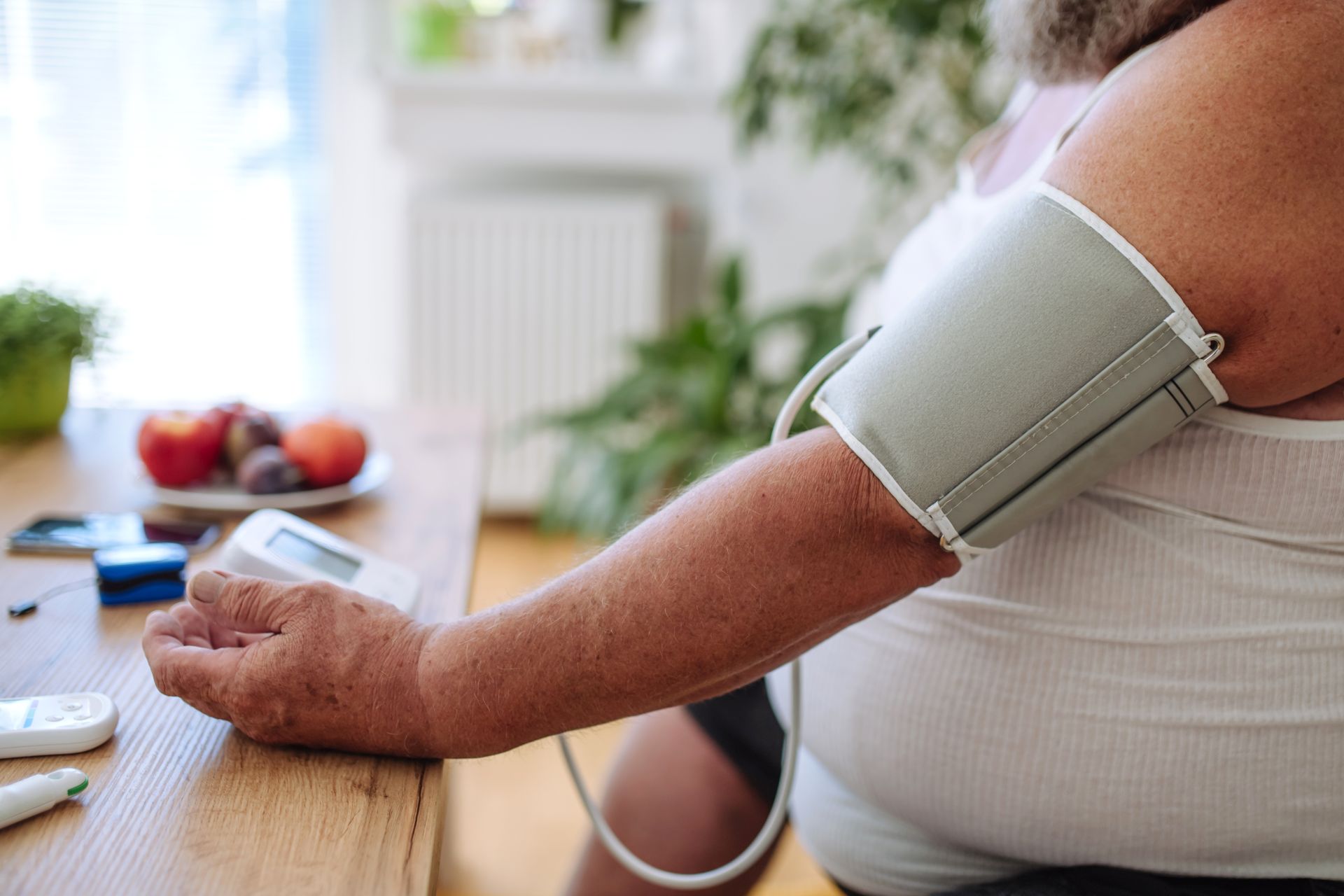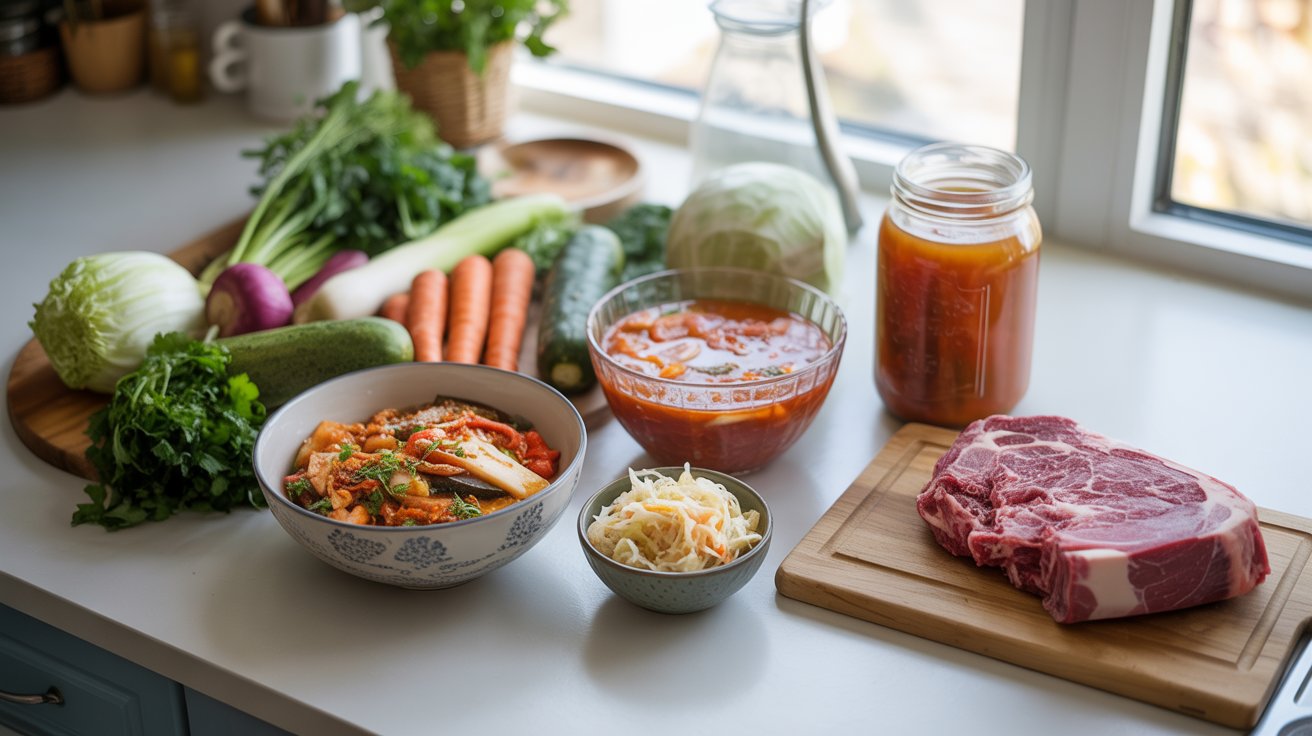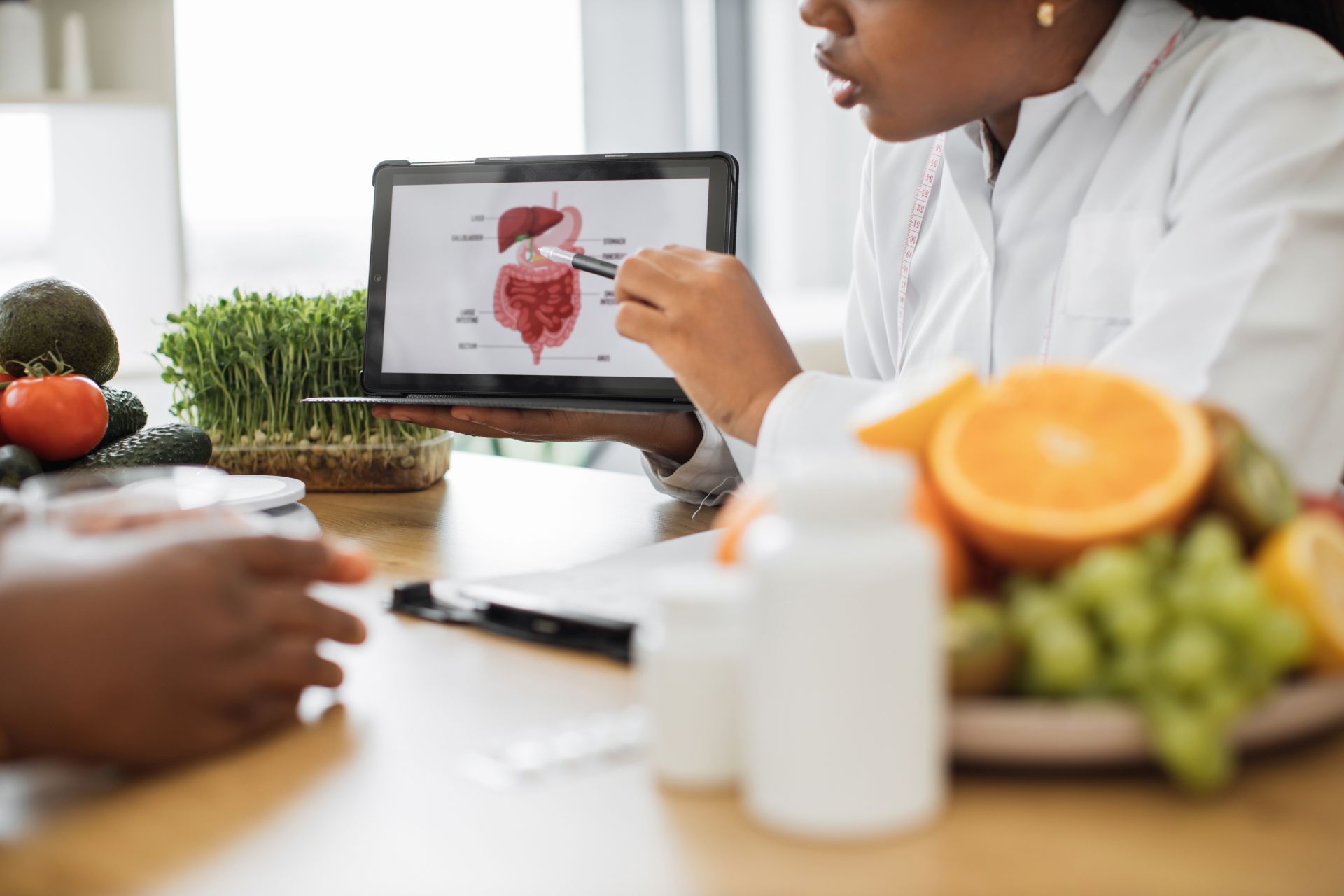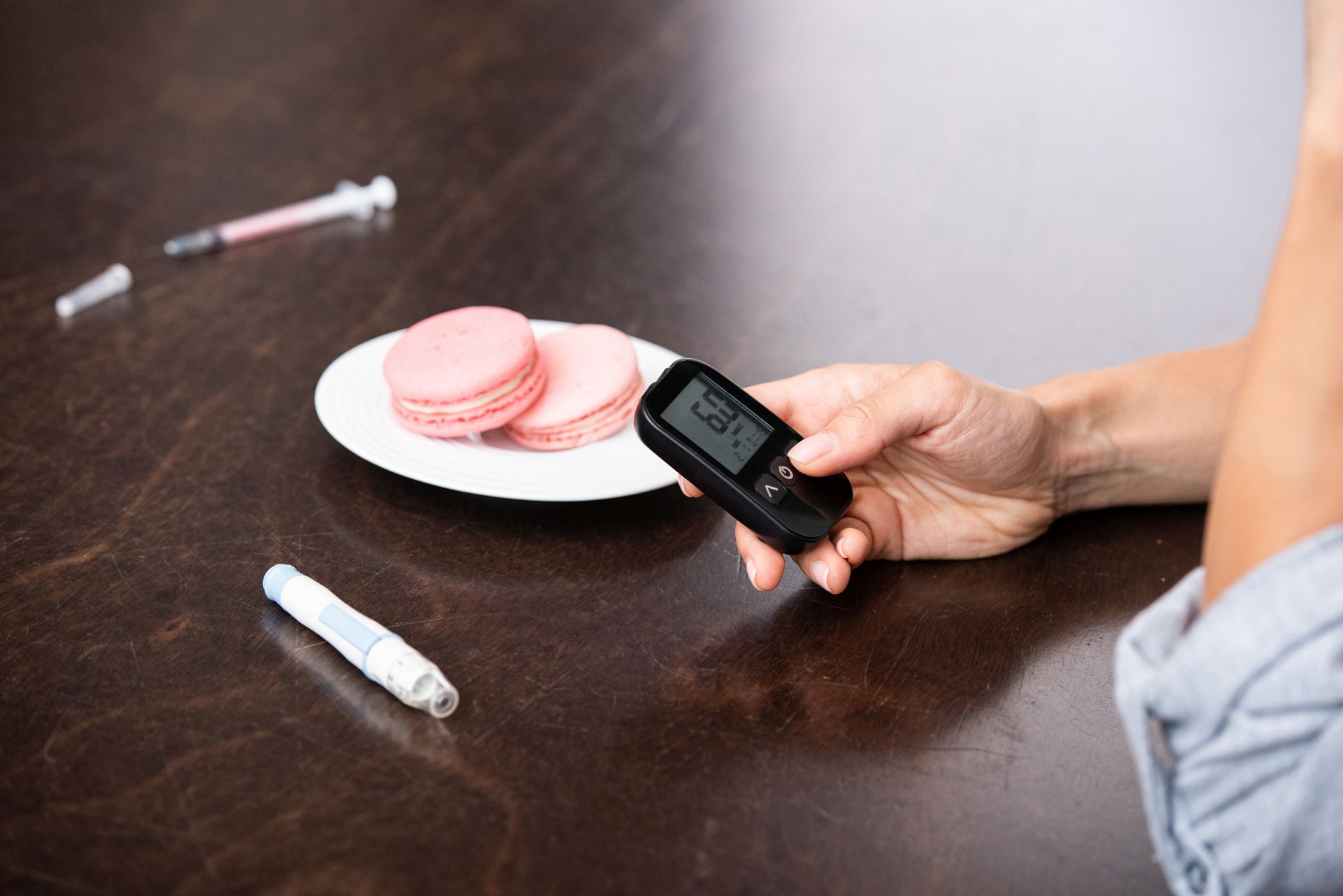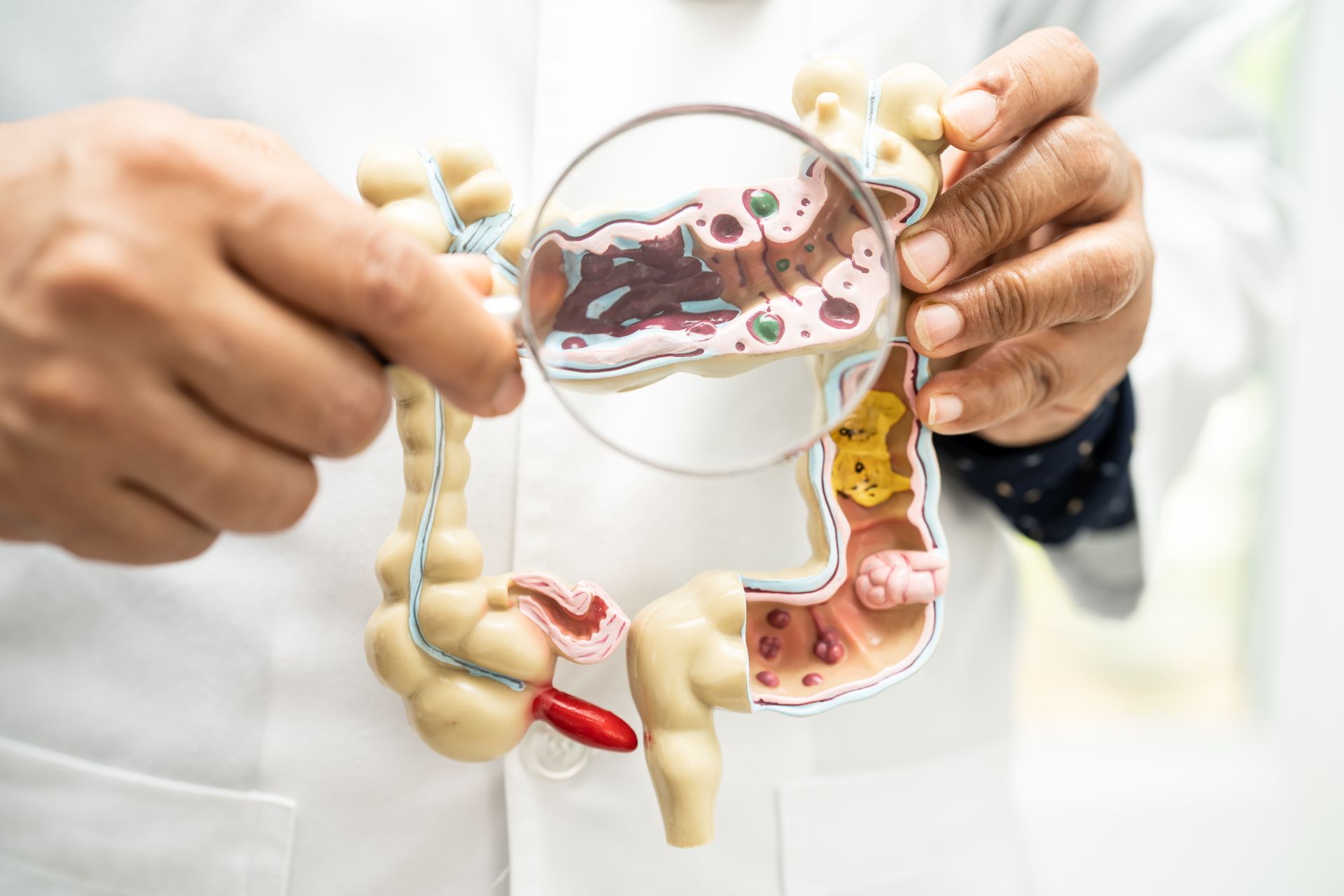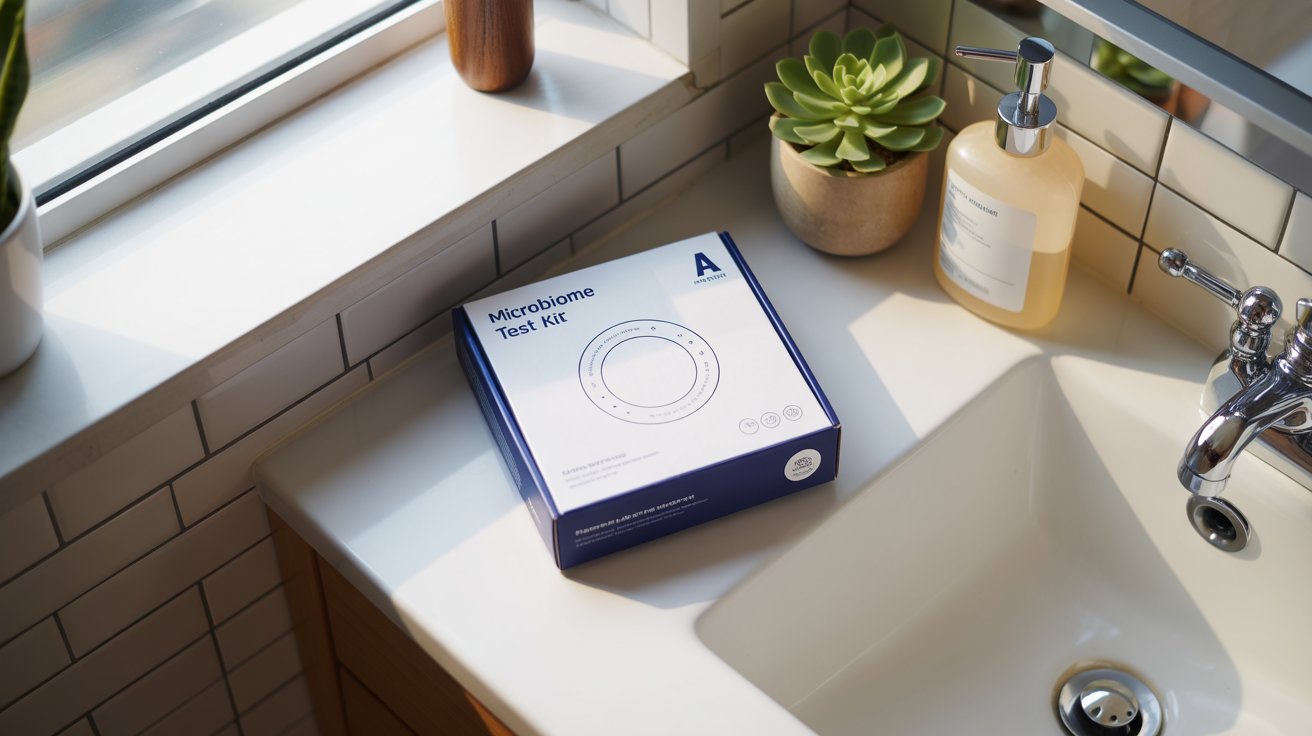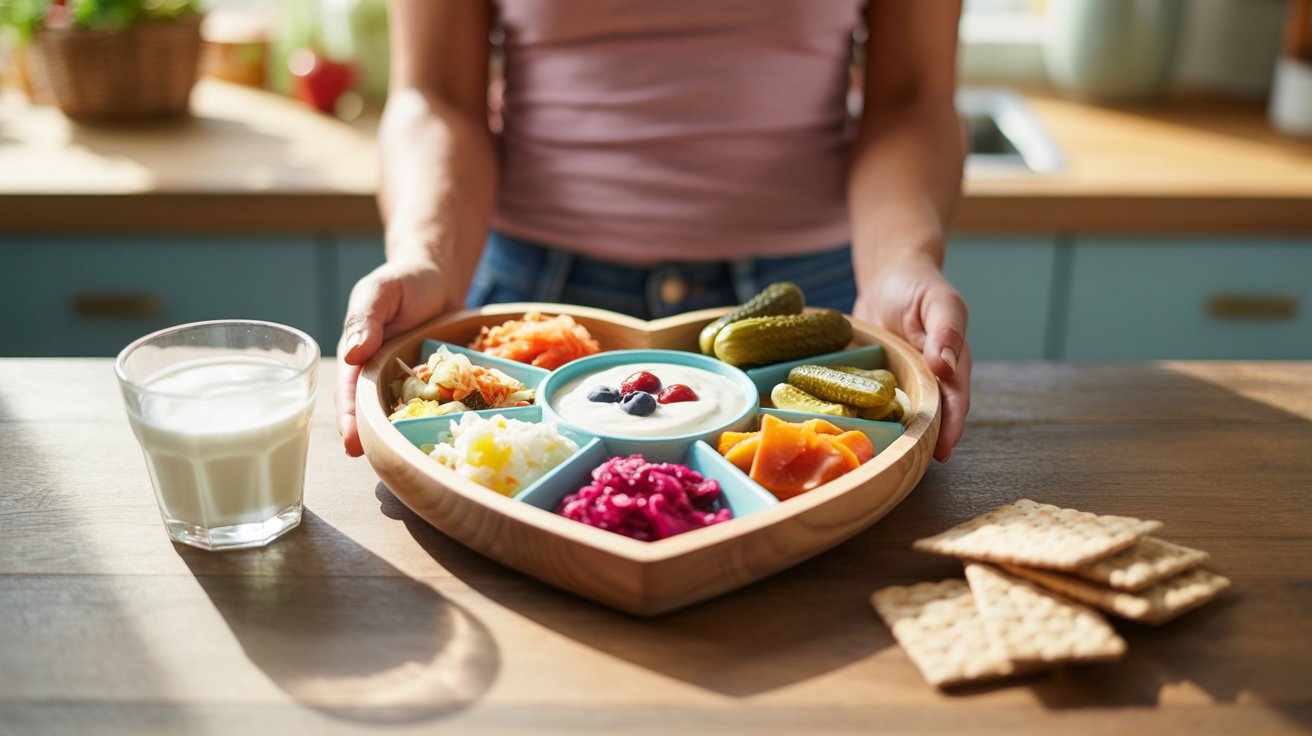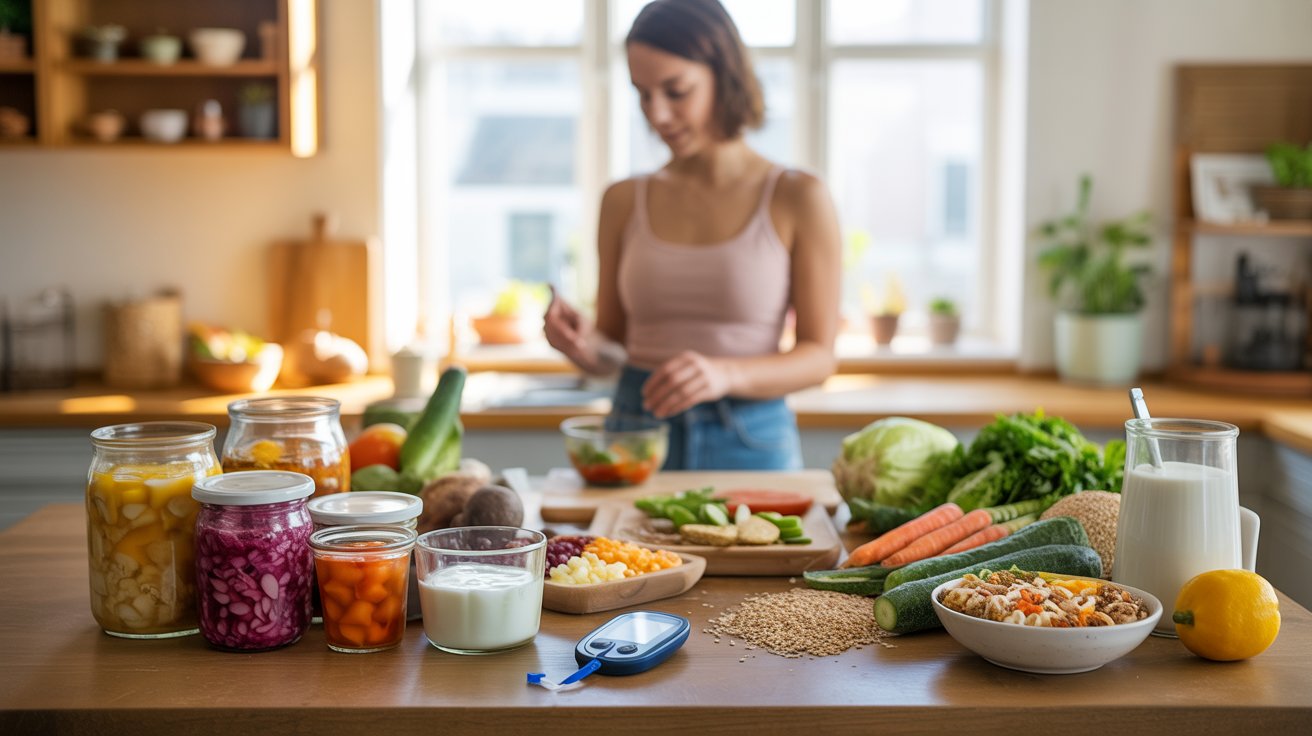Okay, friend – let’s have an honest chat about gut dysbiosis and disorders. You know how sometimes your body just feels… off? Like your digestion is weird, your energy is tanked, and you can’t figure out why? There’s a good chance your microbial communities are throwing a rebellion.
I discovered this the hard way a few years back when my own gut decided to stage a coup. Three months of mysterious bloating, random food reactions, and bathroom trips that required bringing a good book… not fun.
What’s Actually Happening When You Have Dysbiosis?
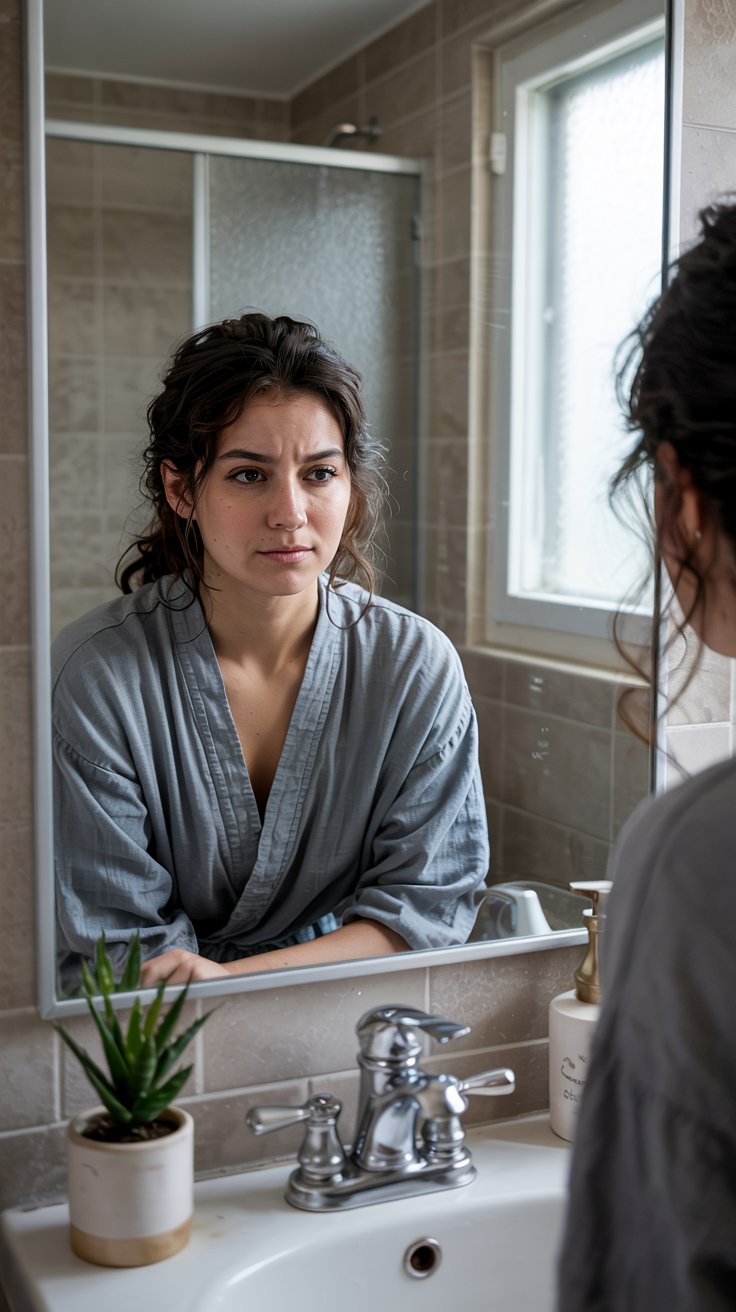
Think about it like this – your body is basically an apartment complex with TRILLIONS of tiny tenants. When everyone’s playing nice and doing their assigned jobs, the building runs smoothly.
But what happens when the wrong crowd moves in and starts throwing wild parties? That’s dysbiosis.
It’s when your microbial balance gets completely thrown off – too many troublemakers, not enough of the good guys who keep things running properly. And while this can happen anywhere you have microbes (mouth, skin, private parts), it’s your gut where the real drama unfolds.
Why? Because your gut microbiome isn’t just sitting there digesting food. These little organisms are constantly chatting with your immune system, making neurotransmitters that affect your mood, and influencing literally every system in your body.
The Sneaky Culprits Behind Your Microbial Chaos
Want to know what’s likely wrecking your internal ecosystem? I’ve spent hours grilling specialists about this (when you’ve had digestive issues as long as I have, you become that person who corners doctors at parties).
Your Diet Is Probably Microbial Sabotage

Not to be dramatic, but the typical Western diet is basically a weapon of mass destruction for your gut bacteria.
I once tried that ultra-processed food challenge for a week. By day three, my stomach looked six months pregnant with a food baby that refused to leave. Here’s why:
Those packaged convenience foods? Loaded with emulsifiers and preservatives like maltodextrin that actively disrupt your gut balance. Those “sugar-free” products with artificial sweeteners? They’re confusing the heck out of your microbiome.
And here’s the kicker – it’s not just about what you’re eating, but what you’re NOT eating. Most of us get nowhere near the diverse plant fibers our good bacteria need to thrive. They’re literally starving down there.
My food diary revelation was humbling. I thought I ate “pretty healthy” until my nutritionist pointed out I was basically eating the same seven foods on repeat. No wonder my gut diversity was tanked.
Medications: The Necessary Evil For Your Microbiome
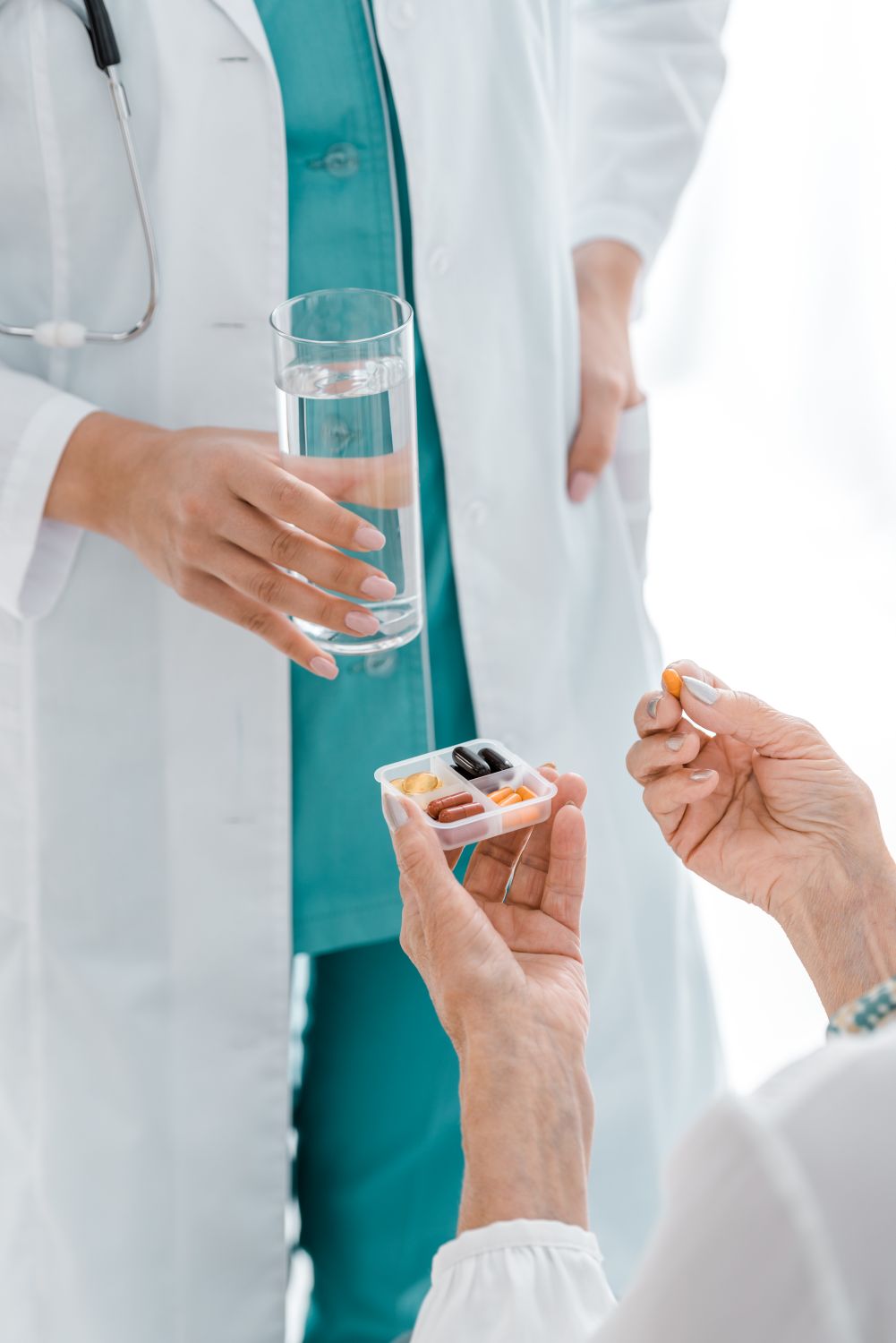
Let’s be real – sometimes we absolutely need medications. I’m not about to tell anyone to ditch their prescribed meds for kombucha (please don’t).
But I wish someone had warned me about what antibiotics would do to my gut before I took three rounds for a stubborn sinus infection.
It’s like using a pressure washer to clean your apartment – sure, it gets rid of the dirt, but it also strips away all the good stuff and might damage the foundations.
And it’s not just antibiotics. Those heartburn meds (PPIs)? They change your stomach acid levels, which can lead to bacterial overgrowth. Daily pain relievers? They can irritate your gut lining. Even my cholesterol medication was potentially messing with my bile acids and bacterial balance.
When my doctor prescribed antibiotics recently, I immediately asked about probiotics and timing.
The Stress Factor No One Takes Seriously
Hand on heart – have you ever had to make an emergency bathroom trip during a stressful situation? That gut-brain connection is REAL.
During my most intense work period last year (60-hour weeks, constant deadlines), my digestive symptoms went haywire. My gastroenterologist wasn’t surprised at all. “Your gut and brain are texting each other constantly,” she explained. “And right now, they’re just sending panicked emojis back and forth.”
How Dysbiosis Messes With Your Whole Body
The effects of dysbiosis go way beyond just making your stomach gurgle embarrassingly during quiet meetings.
The Obvious Bathroom Drama
Of course, there’s the digestive chaos – the bloating that makes you look pregnant after meals, the constipation that has you questioning your life choices, the diarrhea that turns every outing into a strategic mapping of bathroom locations.
Dysbiosis is directly linked to conditions like IBS (my personal nemesis), inflammatory bowel diseases like Crohn’s and ulcerative colitis, and infections like C. diff that can make your life miserable.
I spent two years thinking my symptoms were “just stress” before finally getting proper testing.
The “Wait, That’s Connected Too?” Symptoms

Here’s where it gets wild – the effects of dysbiosis can show up EVERYWHERE in your body.
I once had my skin go crazy with random rashes and breakouts at the same time my gut issues flared. Not a coincidence.
Or how about the brain fog and fatigue that made me think I was developing early dementia? Also connected to what was happening in my gut.
The science on this is getting stronger every day – researchers are finding connections between gut dysbiosis and everything from anxiety and depression to autoimmune conditions and even obesity.
The mechanism is fascinating – when dysbiosis damages your gut lining, it creates tiny leaks (hence “leaky gut”) that allow bacterial components to slip into your bloodstream and trigger inflammation throughout your body.
The “Do I Have Dysbiosis?” Checklist
Wondering if your microbiome is in mutiny mode? Here are the signs I wish I’d recognized sooner:
- Your bathroom habits are wildly unpredictable – constipation, diarrhea, or that fun alternating pattern
- Bloating that makes you look pregnant after eating certain foods (my “food baby” was particularly fond of onions and garlic)
- Mysterious skin issues that pop up alongside digestive problems
- Energy crashes and brain fog that no amount of coffee can fix
- Getting sick constantly because your immune system is distracted
- That “blah” feeling you can’t quite explain to your doctor
The lightbulb moment for me was realizing that my anxiety symptoms, skin rashes, AND digestive issues all flared up together. They weren’t separate problems – they were all connected through my gut!
Getting Real Answers (Not Just Internet Diagnoses)
If you’re nodding along to everything I’ve said so far, please don’t just start randomly experimenting with every probiotic on Amazon. I tried that approach – it was expensive and mostly useless.
Instead, find a healthcare provider who won’t dismiss your gut concerns. This might be a functional medicine doctor, a naturopath, or a conventional doctor who stays current on microbiome research.
The testing process was eye-opening for me. A comprehensive stool analysis showed I had virtually no beneficial Bifidobacteria (the good guys), way too many opportunistic bacteria, and signs of inflammation. No wonder I felt terrible.
Other helpful tests included:
- A breath test that confirmed I had SIBO (small intestinal bacterial overgrowth)
- Blood work that showed inflammatory markers were elevated
- Food sensitivity testing that identified triggers making things worse
My Microbiome Recovery Plan (That Actually Worked)
After years of trial and error, here’s what finally helped me rebuild a healthier gut ecosystem:
The Food Reset That Changed Everything
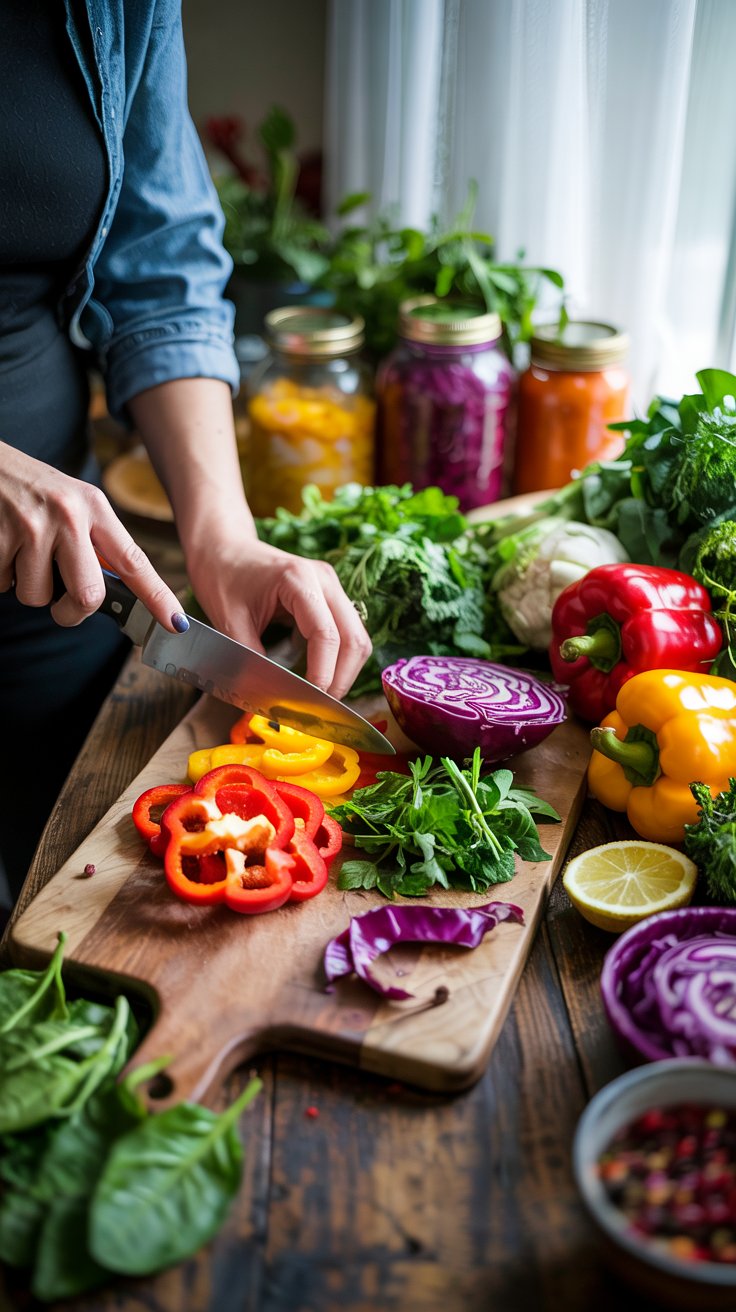
I mentioned how diversity was key? I challenged myself to eat 30 different plant foods every week, keeping a literal checklist on my fridge.
At first, it seemed impossible. Then I realized that herbs, spices, nuts, seeds, and different varieties of produce all count separately. Game-changer.
I also went all-in on fermented foods – not just yogurt, but kombucha, real sauerkraut, and kimchi. I started with just a tablespoon daily since too much too soon can cause, um, explosive results (learn from my mistakes).
The hardest part? Cutting back on my processed food convenience crutches. I didn’t go extremist about it, but significantly reduced the packaged stuff with ingredient lists longer than my arm.
My body’s response was dramatic – within weeks, the constant bloating started to subside, and within months, my skin cleared up too.
The Targeted Supplement Strategy
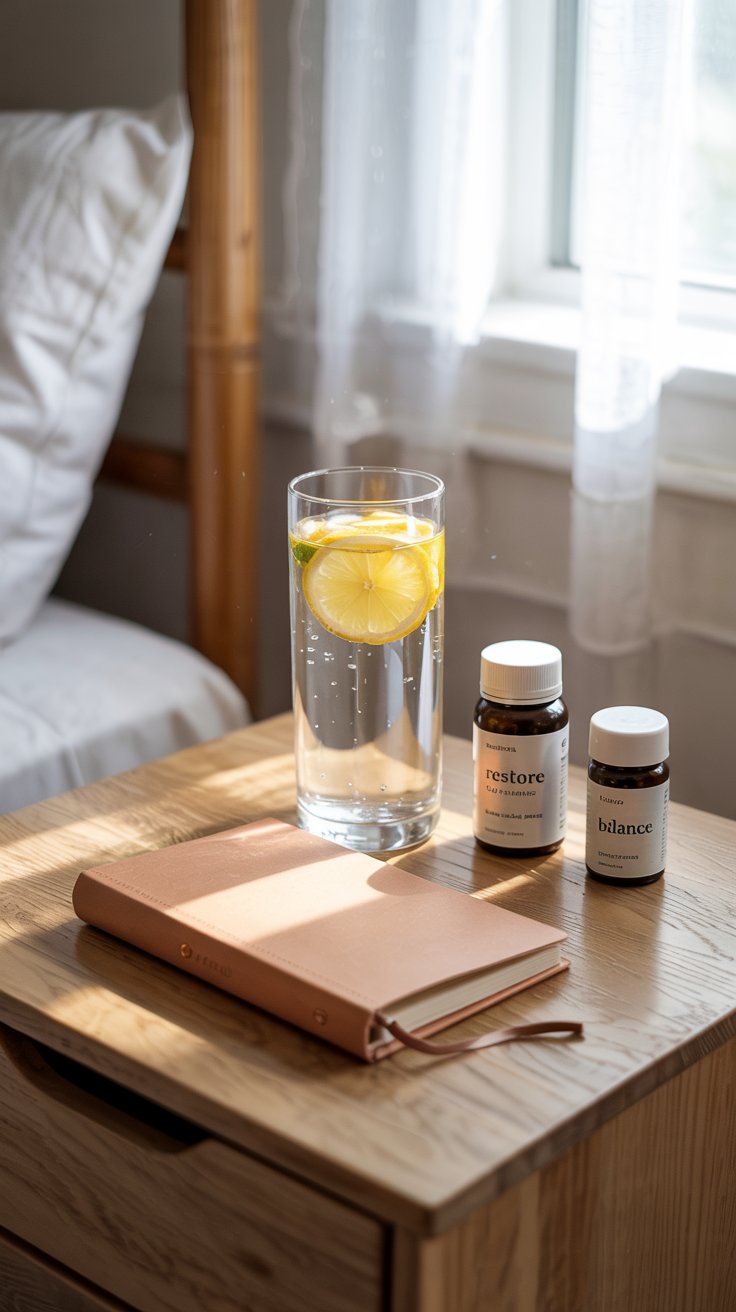
While food forms the foundation, strategic supplements really accelerated my healing:
- Specific strains of probiotics matched to my test results (not all probiotics are helpful for all conditions!)
- Digestive enzymes before meals to reduce the workload on my struggling system
- Antimicrobials (under my doctor’s supervision) to address the bacterial overgrowth
- Gut-healing nutrients like L-glutamine and zinc carnosine
I created a literal supplement schedule on my phone because timing matters – some things work better on an empty stomach, others with food, and some actually cancel each other out.
The Lifestyle Shifts That Sealed the Deal

The final pieces of my recovery puzzle weren’t pills or foods but lifestyle changes:
Daily stress management became non-negotiable – even just 10 minutes of meditation or deep breathing made a measurable difference in my symptoms.
Sleep became sacred. When I consistently got 7+ hours, my gut was noticeably happier.
Movement – not punishing exercise, but gentle, regular activity – helped keep things, uh, moving properly.
The Brutal Truth About Healing Dysbiosis
Here’s what no one tells you upfront – fixing your microbiome isn’t a weekend project. It took me months of consistent effort before I really turned the corner.
There were setbacks (hello, holiday season of cookies and stress), moments of frustration, and times I wondered if I’d ever feel normal again.
But the gradual improvements kept me going – first less bloating, then more energy, then better mood, and eventually a sense of stability I hadn’t experienced in years.
My friends got tired of hearing me evangelize about gut health, but I couldn’t help it – when you’ve lived through the misery of dysbiosis and finally found your way out, you want to grab a megaphone!
So What’s Your Next Move?

If you’re dealing with mysterious symptoms that doctors keep dismissing, dysbiosis might be the missing piece of your puzzle.
Start with food – it’s the fastest way to influence your microbiome. Just adding more diverse plant foods while reducing the ultra-processed stuff can create significant shifts.
But also, find a healthcare provider who can help you investigate properly. Self-diagnosis only gets you so far, and targeted treatments based on actual testing will save you time and money in the long run.
I won’t promise it’s a quick fix, but I will promise this: making friends with your microbiome is one of the most powerful health moves you can make. Those trillions of tiny tenants can either work for you or against you – and the choice is largely yours.

